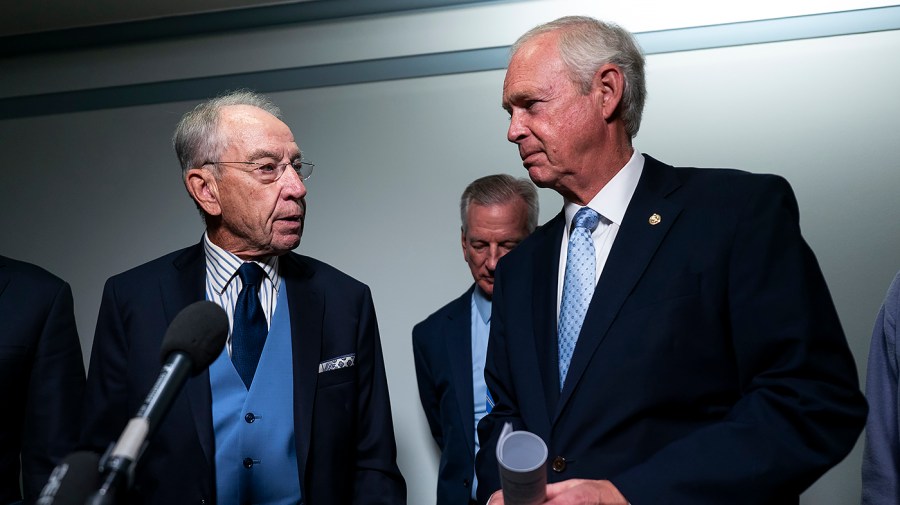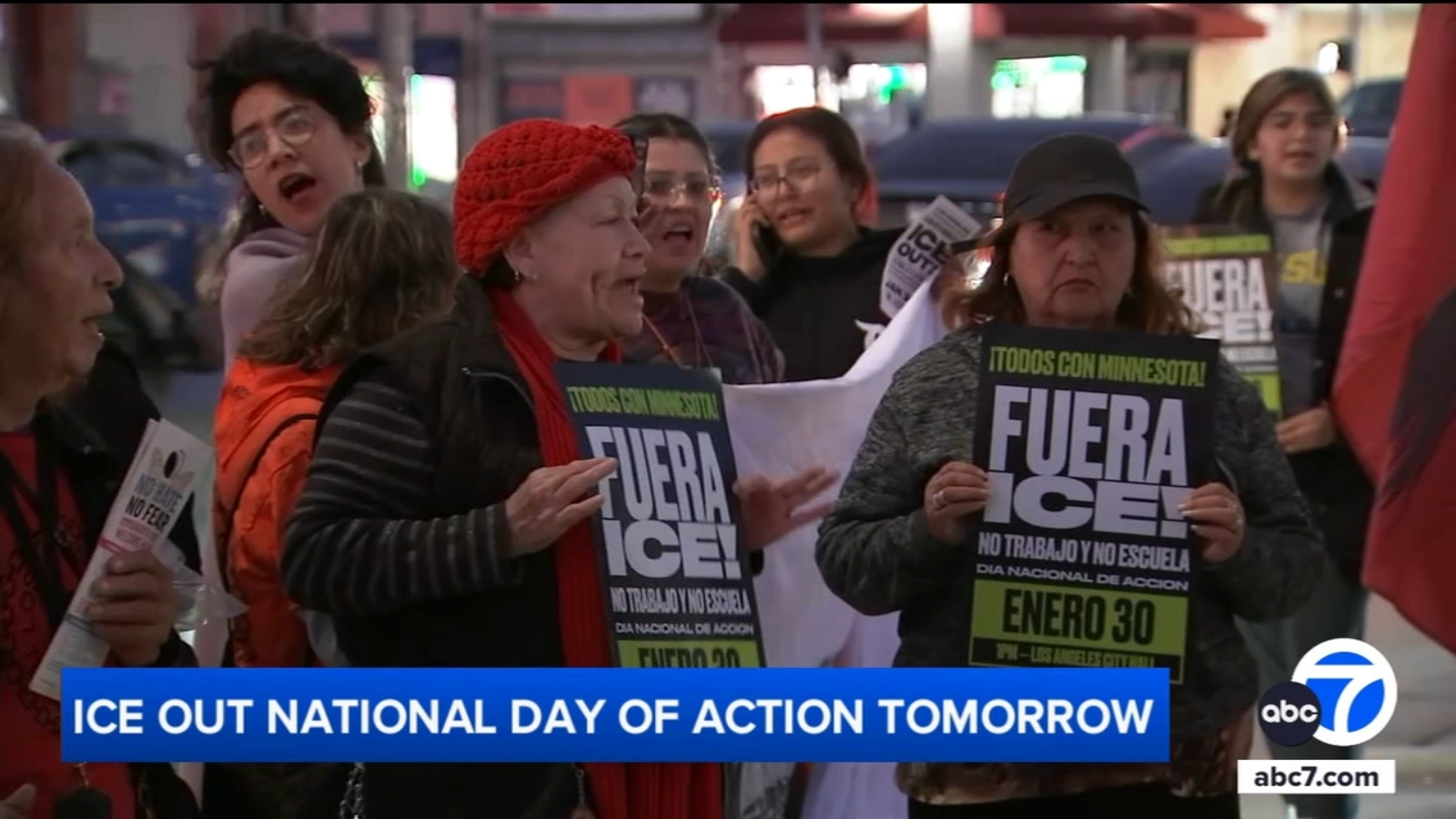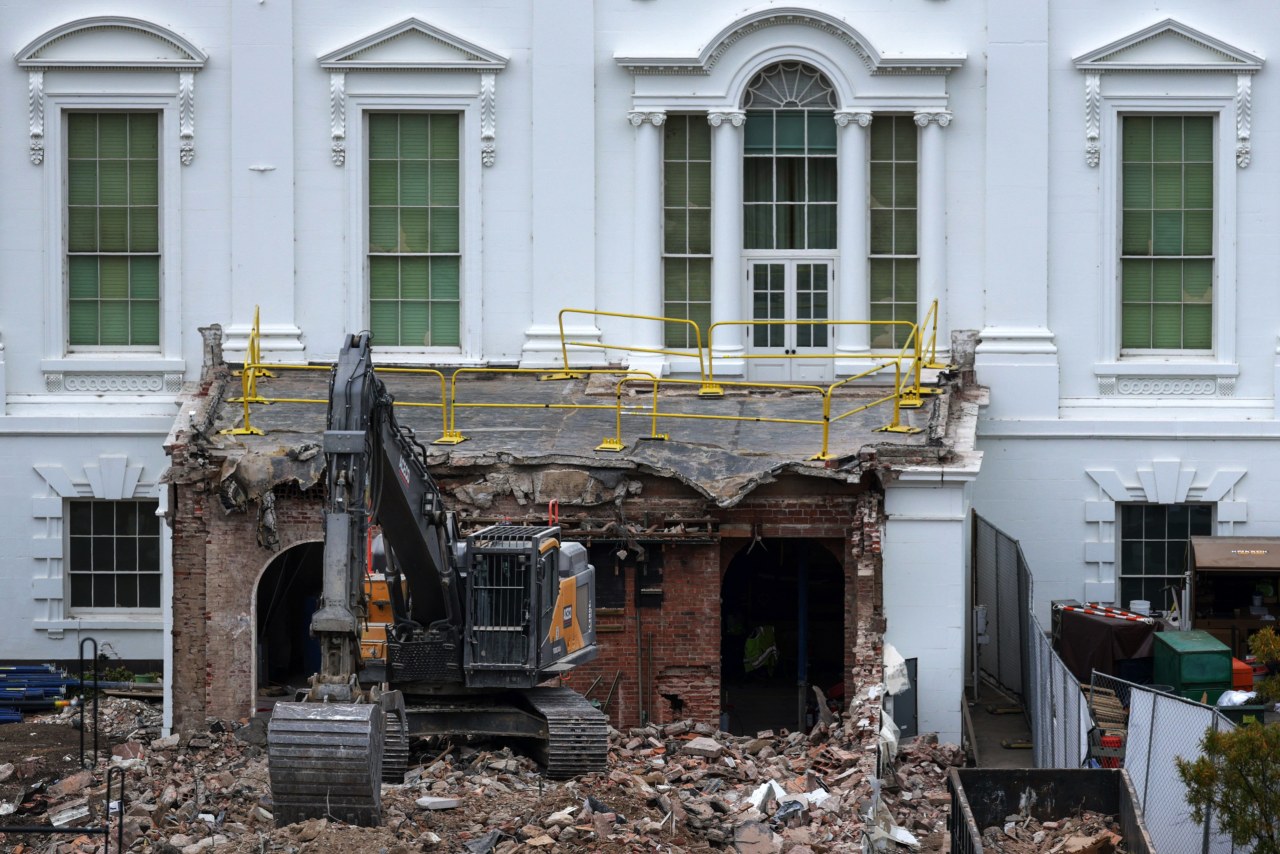The United States Senate is set to vote on legislation that aims to ensure pay for federal employees deemed “excepted,” meaning they must continue working despite a government shutdown. Sponsored by Senator Ron Johnson (R-Wis.), the bill comes as the shutdown enters its fourth week, raising concerns about the economic impact on federal workers and their families.
The proposed legislation would provide retroactive pay to those federal employees required to maintain operations during the funding lapse. This includes essential personnel in agencies such as law enforcement, emergency services, and public health. The urgency of this vote underscores the increasing strain on federal employees who have been working without guaranteed compensation since the shutdown began.
On October 4, 2023, Democrats in the Senate blocked a similar bill that had passed the House of Representatives. This highlights the ongoing partisan divide regarding government funding and employee compensation during shutdowns. The House bill sought to address broader funding needs but faced opposition, prompting the introduction of Johnson’s more targeted legislation.
Implications for Federal Employees
If passed, the legislation would provide a crucial financial lifeline for thousands of federal workers who are currently required to fulfill their duties without immediate pay. Many of these employees are essential for maintaining public safety and government functions, which makes their continued service critical during the shutdown.
The bill’s supporters argue that federal workers should not be penalized for political disagreements that lead to funding lapses. They contend that ensuring pay is a necessary step to uphold the integrity of federal operations and support the livelihoods of affected employees.
Opponents, however, express concerns about the long-term implications of such measures. They argue that repeatedly passing legislation to pay federal employees during shutdowns may inadvertently encourage future funding stalemates. The debate reflects broader tensions in Washington regarding fiscal responsibility and government efficiency.
Next Steps and Potential Outcomes
As the Senate prepares for the vote, the outcome remains uncertain. The legislation needs bipartisan support to pass, which may hinge on further negotiations among lawmakers. Should the Senate approve the bill, it will be sent to the House for consideration, where it may face additional challenges.
The situation continues to evolve, and federal employees are closely monitoring the developments. Many are anxious about their financial stability as the shutdown persists, with some advocating for swift legislative action to alleviate their concerns.
In conclusion, the upcoming vote on October 5, 2023, is a critical moment for the Senate as it seeks to address the immediate needs of federal employees during an ongoing government shutdown. The outcome will have significant implications for the workforce and may set a precedent for how future shutdowns are managed.







